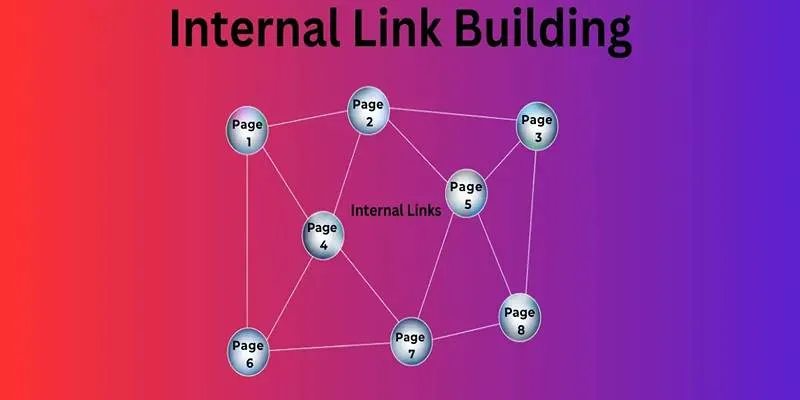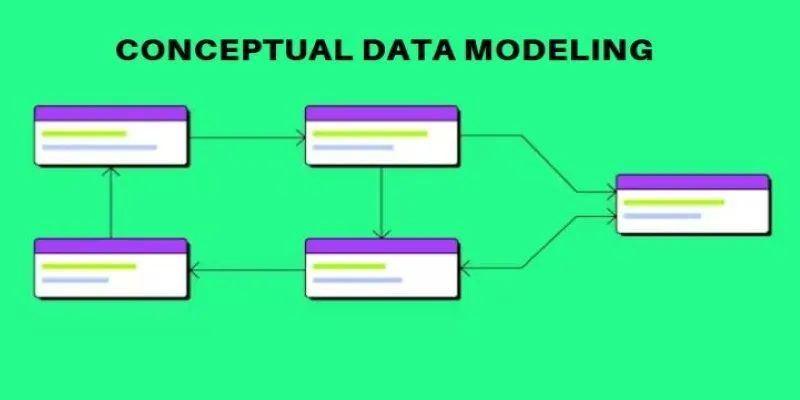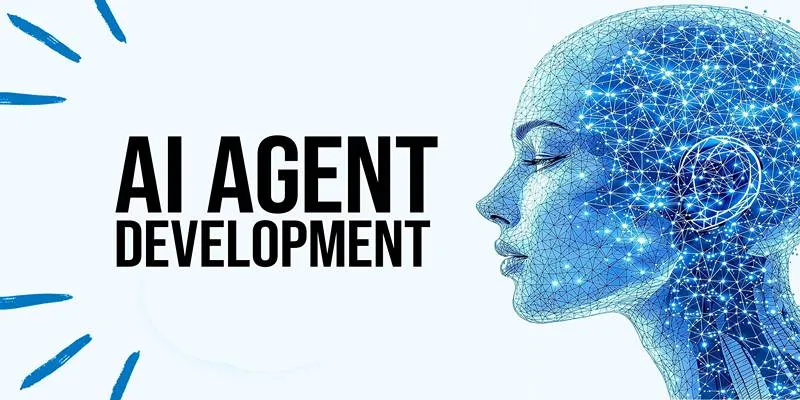Search engine optimization (SEO) is constantly evolving in today’s fast-paced digital world. One of the most significant advancements is the integration of generative AI (GenAI). This cutting-edge technology is not only transforming content creation but also streamlining and enhancing the way marketers optimize websites.
With tools powered by large language models (LLMs), businesses can automate repetitive tasks, enhance user experience, and scale their SEO strategies without sacrificing quality. A recent study by seoClarity revealed that 86% of companies have incorporated AI into their SEO workflows—and 83% of them reported better results. So, how exactly can you leverage generative AI for your SEO strategy? Let’s explore 7 powerful and practical ways to use GenAI to boost your rankings and dominate the SERPs.
1. Automated Content Generation
One of the most immediate applications of Generative AI in SEO is automated content creation. Traditional content development is time-consuming and resource-intensive, especially when scaling content production for blogs, product pages, FAQs, and category descriptions. GenAI tools like Jasper AI, Copy.ai, and Writesonic use advanced natural language processing (NLP) to generate human-like, SEO-friendly content.
These tools are trained to understand user intent and keyword relevance, producing content that is engaging and optimized for search engines. For businesses aiming to publish large volumes of content regularly, GenAI enables consistent output without compromising quality. By aligning content with keyword strategies and ensuring semantic relevance, AI-generated content can help websites climb higher in search rankings while reducing manual effort.
2. Dynamic Meta Tags and Descriptions
Meta tags, including meta titles and descriptions, are crucial for click- through rates and search engine crawling. While their character count may be small, their impact on SEO is significant. Yet, writing unique meta tags for every page on a large website can be overwhelming.
Generative AI simplifies this by automating the creation of meta titles and descriptions that are relevant, keyword-rich, and aligned with user intent. Tools like SEO.AI and Surfer SEO can generate metadata for hundreds or even thousands of pages within seconds.
3. GenAI-Driven Keyword Research

At the core of every SEO strategy is keyword research. While traditional keyword tools identify search volumes and competition levels, Generative AI goes further by understanding search intent and identifying content gaps.
Platforms like SEMRush, RyRob’s AI tools, and Frase use GenAI to analyze patterns in search behavior, suggesting long-tail keywords, semantic variations, and question-based queries. These tools can identify high-value opportunities often missed by standard keyword research methods.
AI-driven keyword suggestions can be tailored to different buyer personas, content formats, and stages of the sales funnel, allowing marketers to craft content that speaks directly to what their audience is searching for.
4. Content Optimization for Semantic Search
Modern search engines, particularly Google, have evolved beyond keyword matching and now prioritize semantic search—a system that understands context, relationships between topics, and user intent. Generative AI plays a vital role in helping content adapt to this evolution.
GenAI tools can enhance content by suggesting contextually relevant terms, synonyms, and latent semantic indexing (LSI) keywords. They ensure that a single piece of content can rank for multiple related search terms rather than just one keyword.
This approach increases the chances of being featured in SERPs for various user queries. It also strengthens your site’s topical authority by signaling that your content covers a subject comprehensively, which is a key factor in Google’s E-E-A-T (Experience, Expertise, Authoritativeness, Trustworthiness) guidelines.
5. Local SEO Optimization at Scale
For businesses that rely on local customers, local SEO is indispensable. Generating content for multiple geographic areas—each with its own set of keywords, cultural nuances, and customer expectations—can be a time-intensive challenge.
Generative AI can streamline this process by producing localized landing pages, reviews, and service descriptions tailored to specific regions. AI- generated local content includes region-specific keywords, language variations, and business information that improves visibility in “near me” searches and Google Maps results.
It is particularly beneficial for franchises or service-based businesses operating in multiple locations. By producing local SEO content at scale , businesses can increase foot traffic and improve their presence in local SERPs without excessive manual input.
6. Personalized User Experiences
User experience (UX) is a growing ranking factor in SEO. Search engines reward websites that offer relevant and engaging experiences to their users. One of the most advanced applications of Generative AI in this area is the creation of hyper-personalized content.
Using behavioral data, demographics, and browsing history, AI tools can tailor landing pages, product recommendations, and content suggestions in real-time. It not only improves user engagement but also increases the average time spent on your site, a metric that positively influences SEO performance.
7. AI-Assisted Link Building and Internal Linking

Link building is one of the most important—yet challenging—elements of SEO. Effective link-building involves identifying reputable sources, creating valuable content, and placing links naturally within context. Generative AI simplifies this by automating various aspects of the process.
AI can analyze your content inventory and suggest internal linking structures that connect related content through topic clusters. These clusters are centered around a core pillar page and include subtopics that enhance topical authority.
Moreover, AI tools can identify external backlink opportunities by crawling the web for relevant publications, blogs, or resource pages. Some platforms also assist with automating personalized outreach messages to these domains, increasing the likelihood of earning quality backlinks.
Conclusion
The use of Generative AI in SEO is no longer a futuristic idea—it’s a practical reality that is helping businesses optimize their websites with greater precision and scale than ever before. Whether you’re aiming to improve on-page SEO, automate metadata, generate localized content, or personalize user journeys, GenAI offers powerful solutions that save time and deliver results. As search engines continue to prioritize user intent, contextual understanding, and high-quality content, GenAI becomes an invaluable tool for digital marketers.
 zfn9
zfn9














